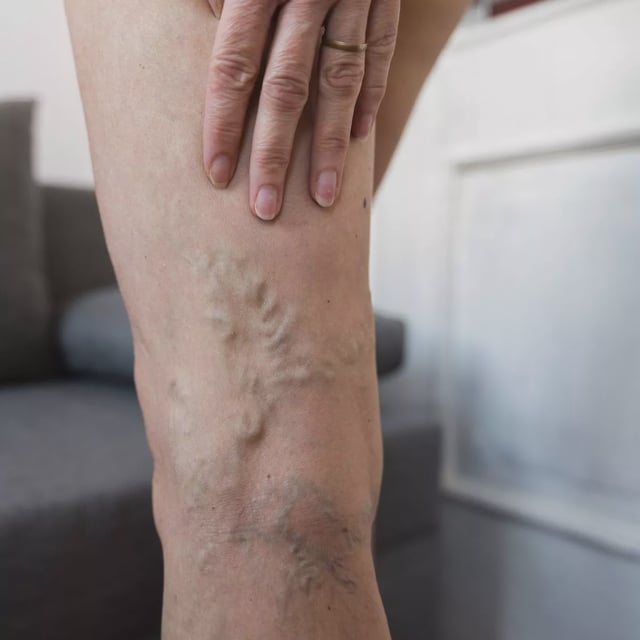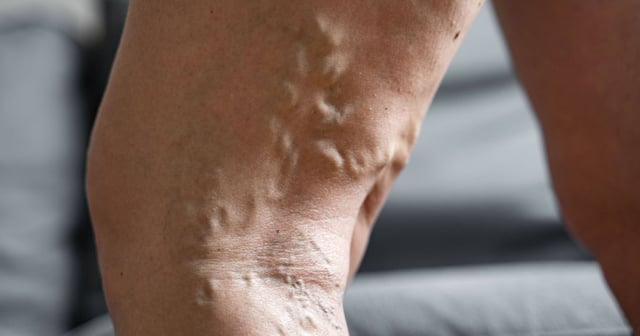Overview
- Varicose veins develop when valve failure allows blood to pool in surface veins, causing them to bulge and twist.
- Approximately 20% of people develop varicose veins, with higher risk linked to age, female gender, pregnancy, obesity, genetics and prolonged standing or sitting.
- Roles involving extended periods on the feet, such as nursing or teaching, can increase susceptibility to varicose veins.
- Dr Williams advises that bleeding, ulceration, skin changes, pain, heaviness or phlebitis are red flags that warrant a GP consultation.
- The NHS provides non-cosmetic treatment only for varicose veins presenting health risks or complications.


